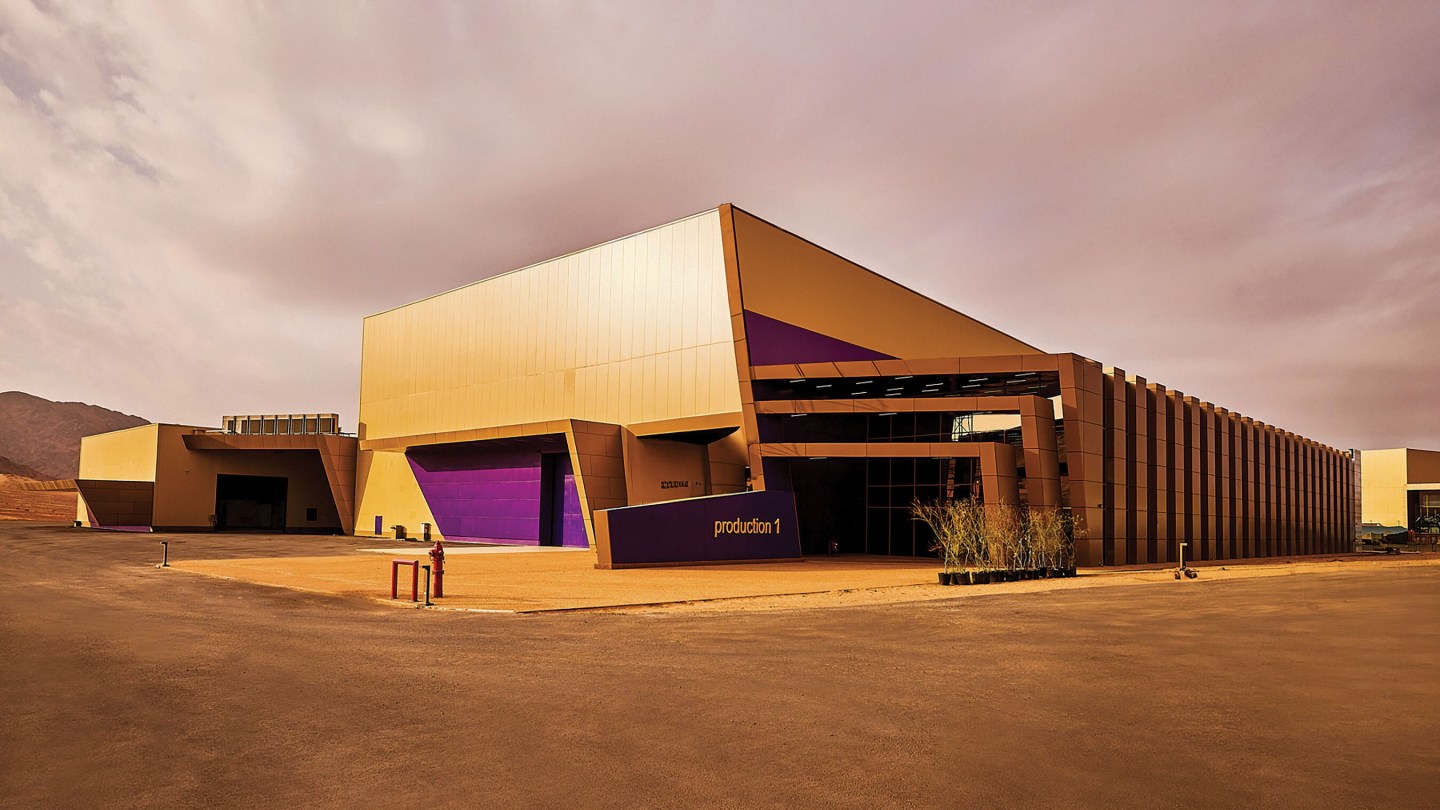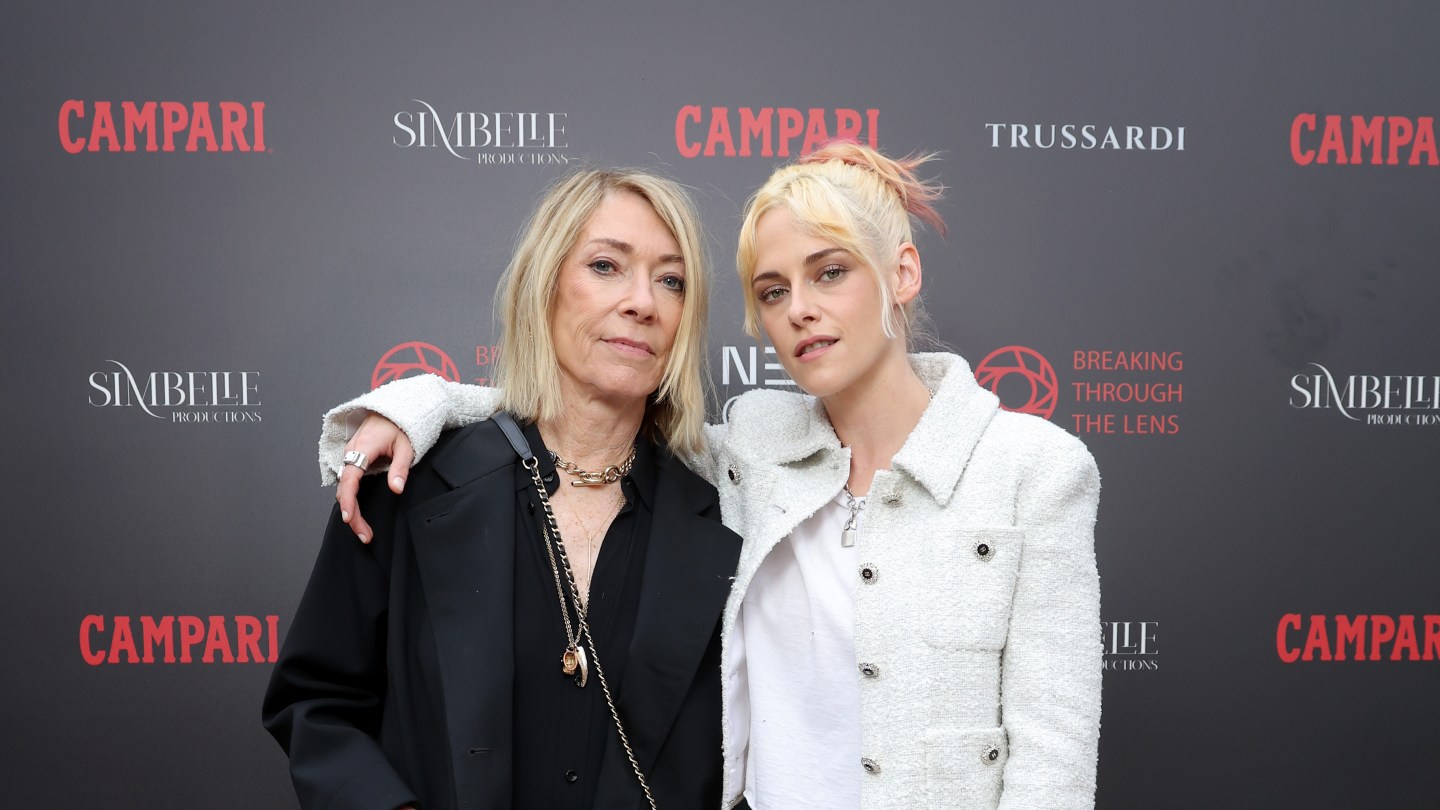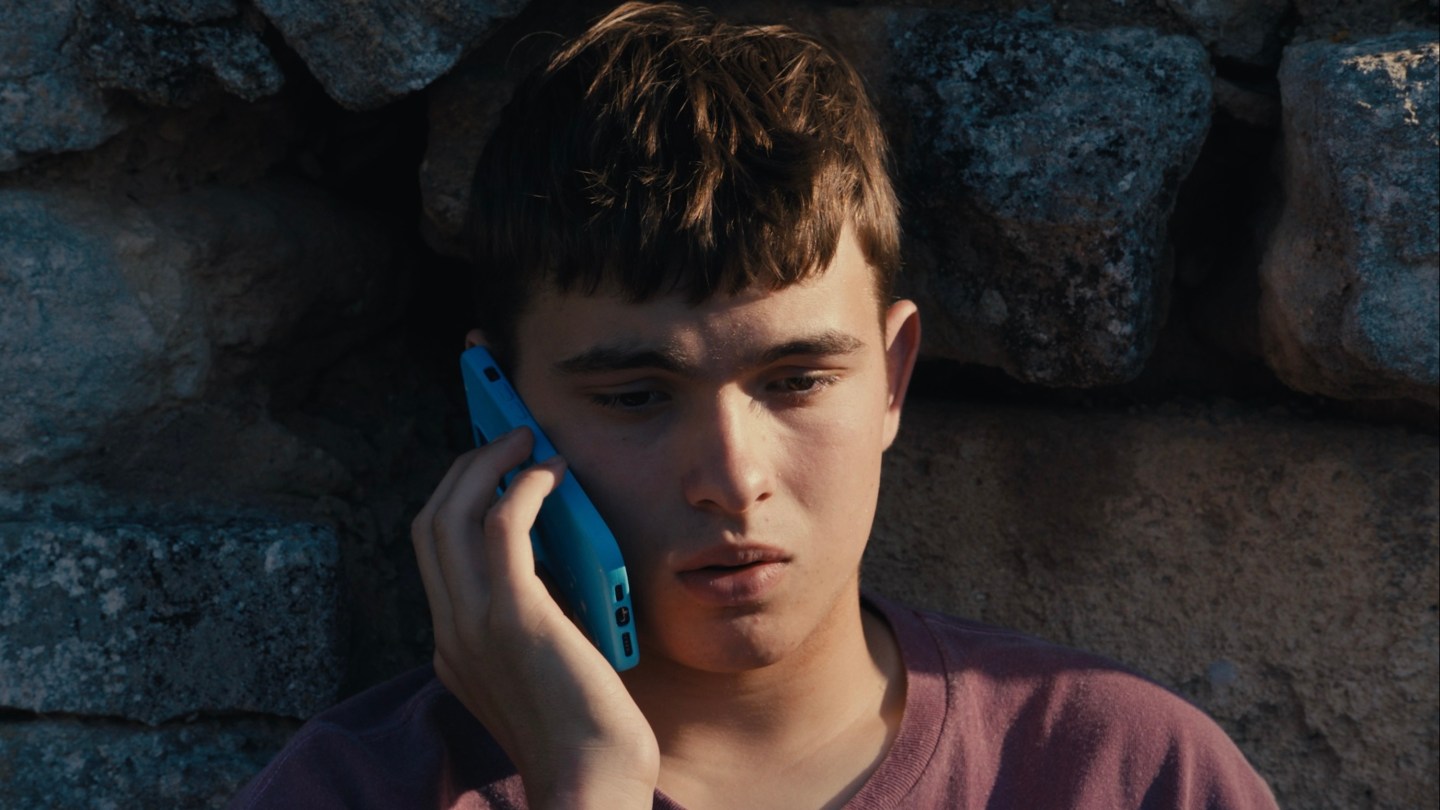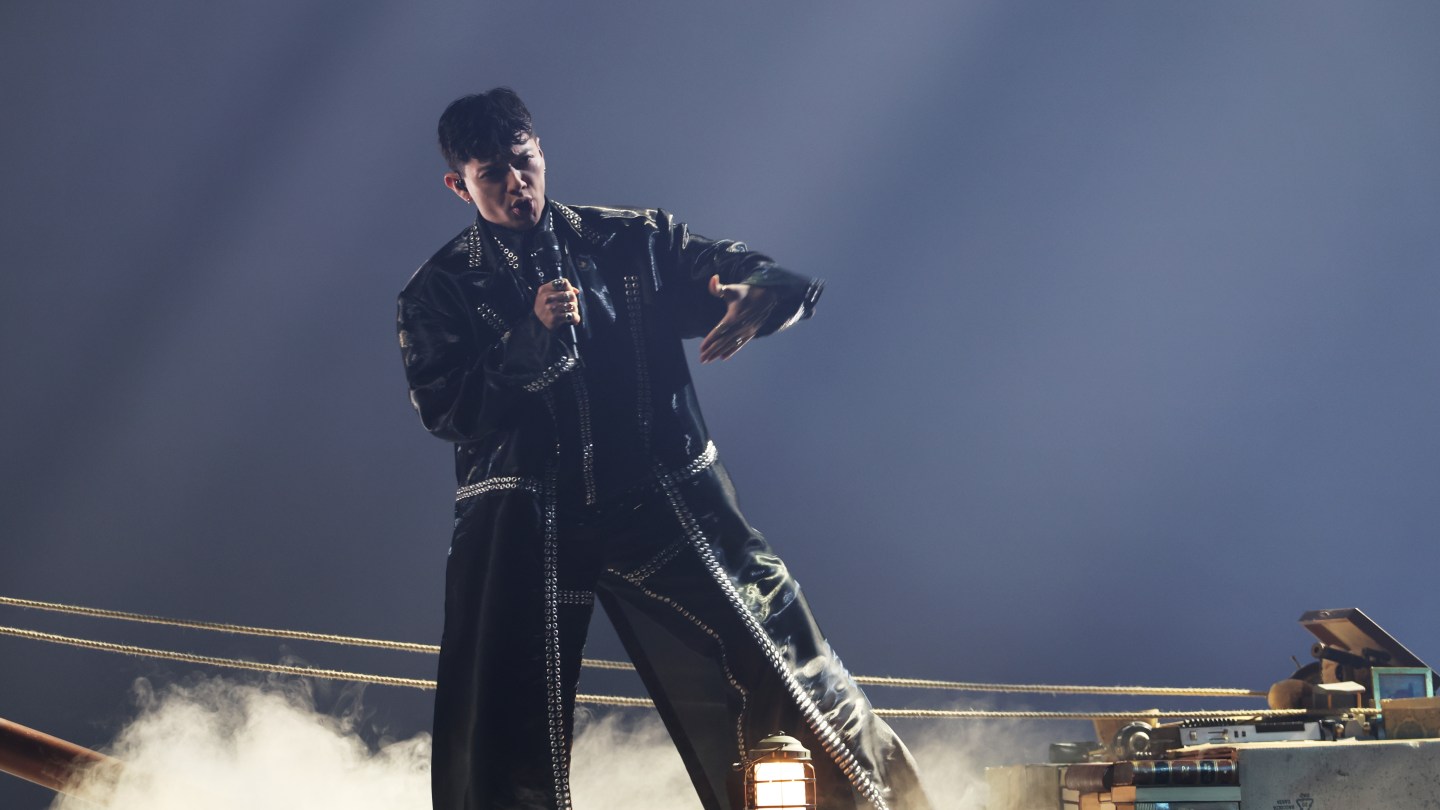
In such a fast-moving industry, it can be easy to forget that, a mere six or so years ago, there was no film scene whatsoever in Saudi Arabia. The country has only been welcoming non-religious tourists since 2019, a year after cinemas reopened following a near 40-year ban. Now there are more than 800 to choose from. It’s no wonder then, that Saudi-born Film AlUla acting executive director Zaid Shaker is buzzing with excitement. Perhaps even more so after 10 months in the role, since taking it on in July. “All the pieces of the puzzle are falling into the right places,” says Shaker, who leads Film AlUla’s mission to support film and TV production in the northwest region of Saudi Arabia, the kingdom’s oldest UNESCO heritage site.
“We have lots of momentum. The [Saudi film] industry is thriving,” he continues. “What’s happening in AlUla is big, and I’m working with a fabulous team [that] makes any job easy. So, yes, I’m still very excited.”
Film AlUla Studios opened last spring and features 26,000-square-foot soundstages and a 61,500-square-foot backlot and also acts as a government liaison to support permitting and rebate or incentive applications.
THR caught up with Shaker to find out how they’ve put the facility to use since opening, what additional spaces have already been added, and his thoughts on the continued growth of the Saudi film sector.
Congratulations on the collaboration with MBS MENA Limited, made public this month. Has it already led to increased interest?
Absolutely. We’ve had enquiries from studios and streamers eager to explore the facilities. We have strong momentum building for Q3 [the third quarter] and Q4, with a robust pipeline of local, regional, and international productions.
Any new offerings for filmmakers we can share?
Our state-of-the-art facilities are operation-ready: We are ready to receive our first film. It’s looking very good. We have exciting news, which we’ll be sharing soon, hopefully. Within our new facilities, we have a cutting-edge recording studio that can accompany a full orchestra. We have finalized the production hub, which is a creative space that can support filmmakers. And we have an amazing activation space within the facilities.
Can you share details of any new confirmed shoots?
This year, we are waiting to announce the first feature film production within the umbrella of the Stampede Arabia slate of films [which grew out of a pact with L.A.-based Stampede Ventures, run by Hollywood veteran Greg Silverman], which is very exciting. And there are also a couple of interesting talks.
Are more companies coming to use the studio space or to take advantage of the location, or both?
It’s equally both. They’re complementary. We can accommodate parallel productions: You can have a full production, shooting everything on the ground, and at the same time have two separate high-end productions shooting at the studio. AlUla has wonderful scenery and locations, these UNESCO heritage sites. But when it’s really hot weather, people also need to be able to shoot indoors. So this gives you the ability to invite productions all year round.

behind-the-scenes of the ‘Kandahar’ film shoot in AlUla
Courtesy of Film AlUla
Have any new initiatives been introduced to speed up the growth of a skilled local workforce?
Every initiative we do is centered around the local community: honing and up-skilling crew. We always incentivize training and have lots of programs with different partners, so we have these sort of continuous workshops to be able to raise the bar and introduce a sustainable film crew within the boundaries of AlUla. This is definitely evident in recent films such as [2023’s] Norah, which was the first feature film from Saudi to premiere at the Cannes Film Festival: 40 percent of its crew was local. With Siwar, the most recent film by Osama Alkhurayji, which opened the Saudi Film Festival, 80 percent of the crew was local — so, double. AlUla Creates, meanwhile, is a very high-level and detailed training capacity-building program, which has yielded three short films, some of which screened at the Red Sea Film Festival.
Will there be rough quotas for the percentage of Saudi employees on each project?
While there are no fixed quotas, employing Saudi nationals — particularly in studio operations and support roles — is a key objective. AlUla’s vibrant population of 65,000, with 65% under the age of 30, represents an incredible pool of dynamic, emerging talent. We also focus on strengthening the local economy by sourcing goods from local artisans and championing community-driven businesses.
What new environmental practices have been introduced in AlUla?
AlUla has lots of cultural significance. We are guardians and custodians of our important UNESCO heritage sites. For us, sustainability is a 360-degree approach toward everything. Lots of our incentives are granted to productions based on their sustainability measures, whether it’s green or abiding by best international practices. Also, internally, we make sure to have all of our team attend every relevant seminar to keep up-to-date with every sustainable practice.
Following Norah’s Cannes success, which other local Saudi films are creating noise on the global scene, or which do you predict will?
Looking forward, we have Hijra by Saudi filmmaker Shahad Ameen [the follow-up to 2019’s Scales, which was Saudi’s official Oscar submission in 2020]. It should be releasing at the end of this year. Some scenes were shot in AlUla, which is a testament to the fact that we never perceive any production as a one-time [thing]. And I have to mention Abdulaziz Alshlahei’s Hobal [about a Bedouin family living in extreme isolation in the ’90s], which, though not shot in AlUla, was a great stride for the Saudi ecosystem. Saudi filmmakers are like the crown jewels for us because, ultimately, one of the most important things we do is export our culture and enable these amazing storytellers.
The Saudi Film industry launched with big fanfare from 2018. What is the focus now? To attract big buzzy international projects or foster more Saudi projects?
The answer is somewhat holistic. For me, the more I am able to attract international films, the more I am able to introduce some sort of real-time training, shadowing programs to support local content. We have the bandwidth to entertain both, so it’s about focusing.
What stands out as an achievement you’re proud of so far at AlUla?
I am really proud of my team’s resilience and persistence and how we are able to move ahead. The studios have a very personal spot in my heart. It was heartwarming to see the Saudi Film Festival opened by Siwar, a film shot in AlUla, this year. I’m also obviously proud of Norah. But for me, the studios — you have to see them to believe them.
What’s the Saudi film industry generally like right now?
The kingdom now boasts more than 800 screens in a country that, eight or nine years ago, didn’t have cinemas. Now you’re talking about 42 percent of all of the Middle East box office revenue coming from Saudi. I bother all of my friends and family with this. The success of Hobal this year is a testimony that the audience in Saudi is very receptive, not only to commercial cinema but for unique stories. Whatever is happening in the MENA region, it’s within the heart of Saudi and we’re very fortunate to be working in AlUla and witnessing this and being a catalyst for what’s happening. You’re seeing it when you attend amazing platforms such as the Red Sea Film Festival or the Saudi Film Festival. You can see that [the Saudi industry is] brimming with this positive energy, this dialogue, [with] so many youths engulfed with this power of cinema.
#Saudi #Filmmakers #Crown #Jewels #Film #AlUla





